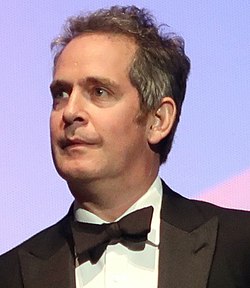
Old Abingdonians are former pupils of Abingdon School or, in some cases, Honorary Old Abingdonians who have been awarded the status based on service to the School. [1] The Old Abingdonians also run the Old Abingdonian Club (OA club), an organisation hosted by the school. It was founded in 1743. [2]



















